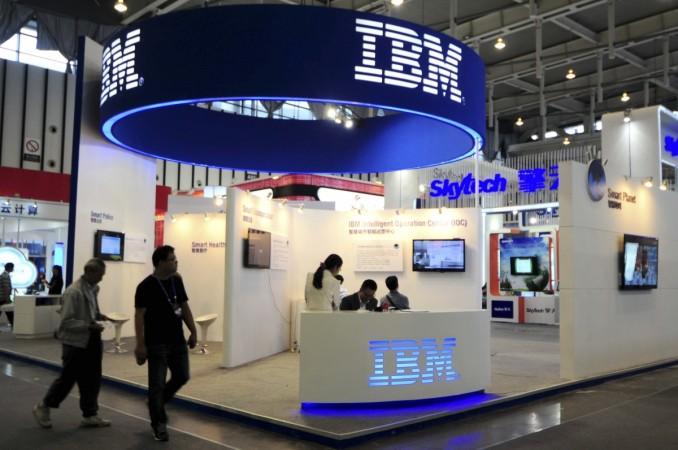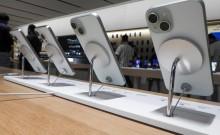
Technology giant IBM has stated that its internal deployment of Apple Mac computers would reach its zenith by this year-end. IBM states that it will be able to save big money with the deployment of Macs and savings have been estimated to be around $535 per machine over a four-year time period.
Making these statistics public at the seventh Jamf Nation User Conference, IBM VP for Workplace, Fletcher Previn, stated that as many as 90,000 IBM employees have actively adapted Apple Macs by switching from PCs running Microsoft Windows. This represents a near 60,000 increase from the 30,000 early adapters (of Macs) that IBM had during 2015.
"Macs are the standard at IBM, Japan, and PCs are the exception," stated Fletcher Previn during the Jamf Conference. A key reason given by the VP for the enhanced interest among IBM employees has everything to do with Apple's approach of offering a comparatively better software platform that require updates of a lesser time frequency. Also, Fletcher quoted simpler maintenance of Apple Mac systems as a reason for the rapid switchover.
"We have to go out and manage the Mac environment 104 fewer times a year than PC," said Fletcher.
IBM's switchover to Macs from Windows PCs began in 2015 when the company offered a choice, for their employees, to either continue with Windows or port to Macs. This was done at a time when the company's technical resources needed upgradation. It was noticed that an astonishing 73 per cent of respondents chose to upgrade to an Apple Mac.
Finally, it seems that IBM would also deploy Apple's iOS as the preferred mobile operating platform. This potential development assumes significance considering the fact that Fletcher Previn referred to timely iterations of Apple's iOS platform that are generally released at specific times of the year thereby enabling users to adapt to what is latest. This is in total contrast to Google's Android which is still continuing to see older legacy versions in existence.








![Sky is the limit: IndiGo is now tenth largest airline by capacity globally; growth indisputable [details]](https://data1.ibtimes.co.in/en/full/767455/sky-limit-indigo-now-tenth-largest-airline-by-capacity-globally-growth-indisputable-details.jpg?w=220&h=138)





